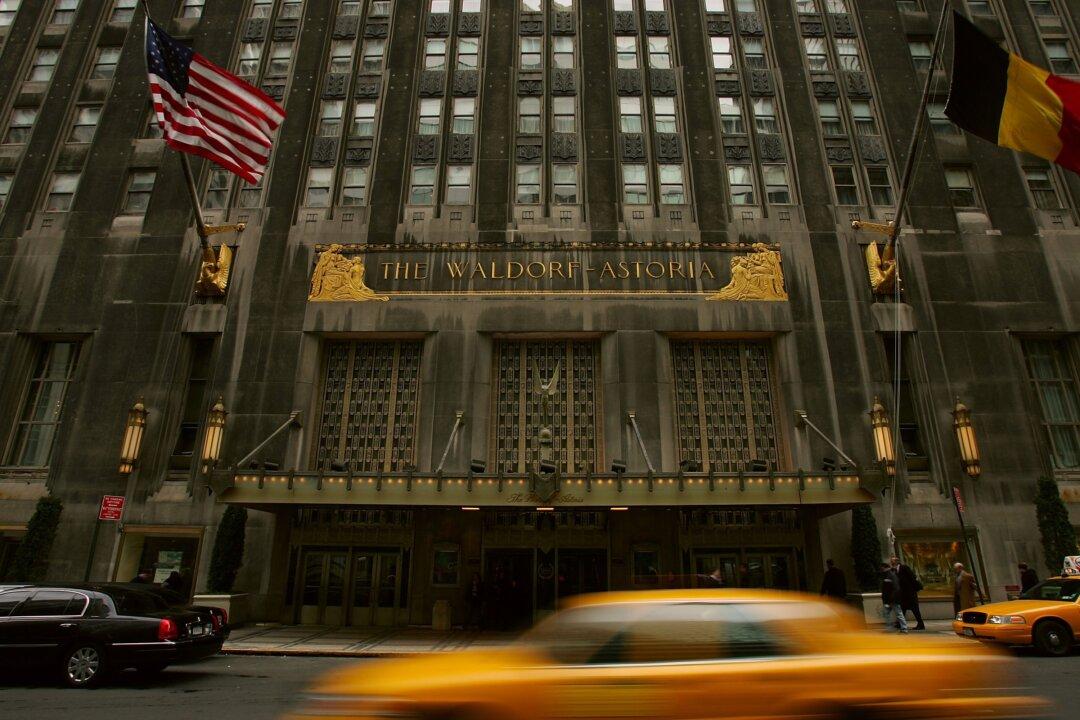The historic Waldorf Astoria hotel will soon be owned by a Chinese insurance company called Anbang Insurance Group.
The sale was controversial. There were reports that Anbang benefited from its connections to the Chinese regime, and that the U.S. government was investigating the pending sale over security risks for dignitaries who often stay at the 47-story hotel.
But on Feb. 1 the sale went through. The U.S. Committee on Foreign Investment approved the $1.95 billion sale. Its previous owner, Hilton Worldwide, will continue managing the hotel for the next 100 years.
In a phone call a representative from the U.S. Committee on Foreign Investment declined to comment, on grounds the department cannot legally disclose information on cases to the public.





